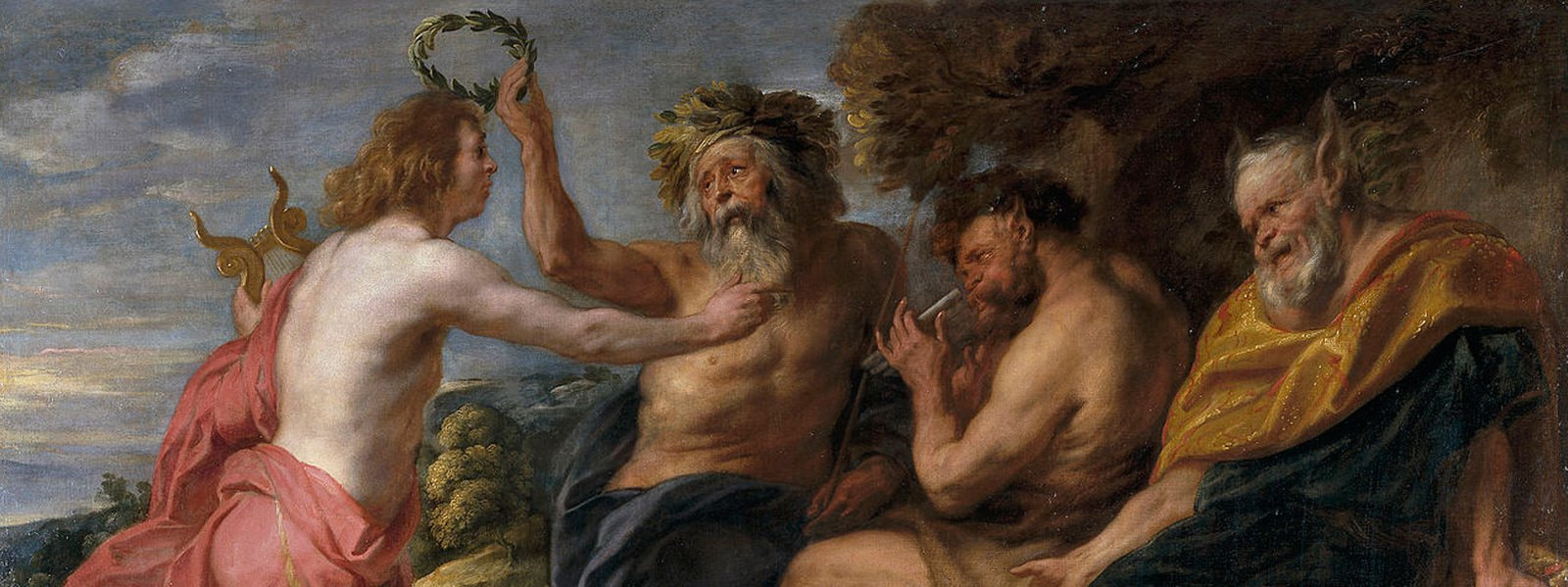This lecture explores the relation between myth and logic at the dawn of philosophy.
Romans who converted to Christianity called all other beliefs religia pagana (village beliefs). The word poganyi, which derived from this phrase, means ‘pagan’ in Church Slavonic and ‘impure’ or ‘dirty’ in modern Russian. Contempt towards paganism is not uncommon in the contemporary world. However, philosophy did emerge in Ancient Greece and was to a great extent a product of a pagan culture.
‘If we trust Herodotus, the difference between [Greek gods and the eternal God] seems to have been striking to Greek self-understanding prior to the conceptual articulation of the philosophers, and therefore prior to the specifically Greek experiences of the eternal which underlie this articulation. Herodotus, discussing Asiatic forms of worship and beliefs in an invisible God, mentions explicitly that compared with this transcendent God (as we would say today) who is beyond time and life and the universe, the Greek gods are anthropophyeis, have the same nature, not simply the same shape, as man. The Greeks’ concern with immortality grew out of their experience of an immortal nature and immortal gods, which together surrounded the individual lives of mortal men. Imbedded in a cosmos where everything was immortal, mortality became the hallmark of human existence. Men are “the mortals,” the only mortal things in existence, because unlike animals they do not exist only as members of a species whose immortal life is guaranteed through procreation.’ (Hannah Arendt. Vita Activa and the Human Condition.)
